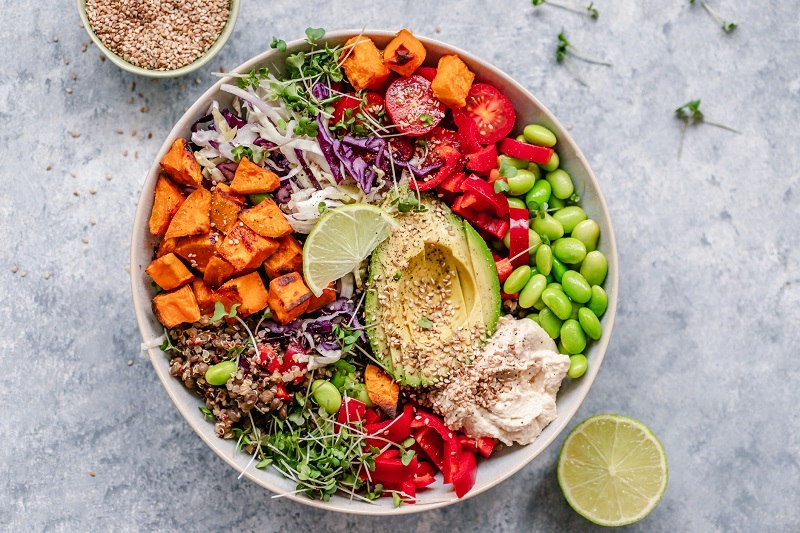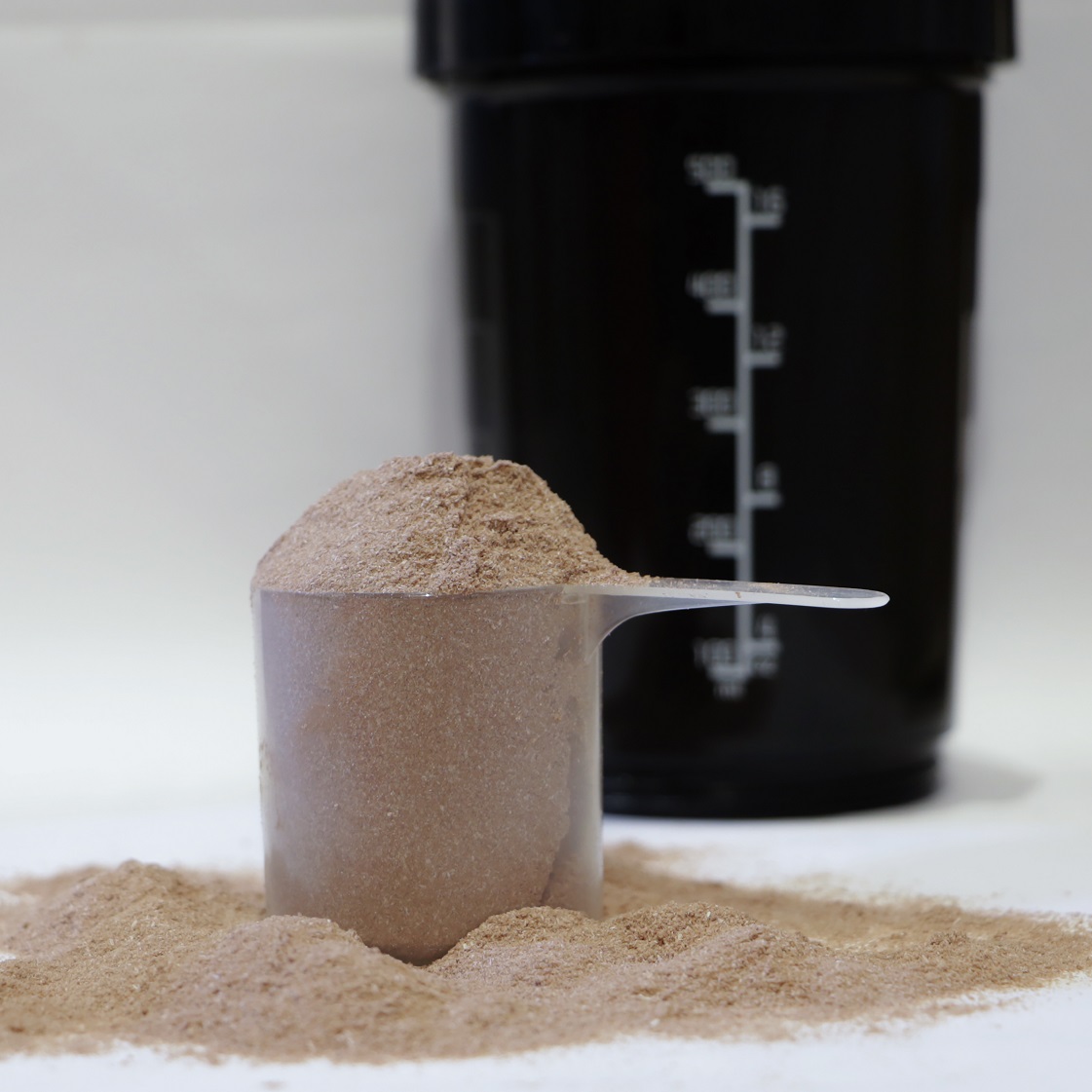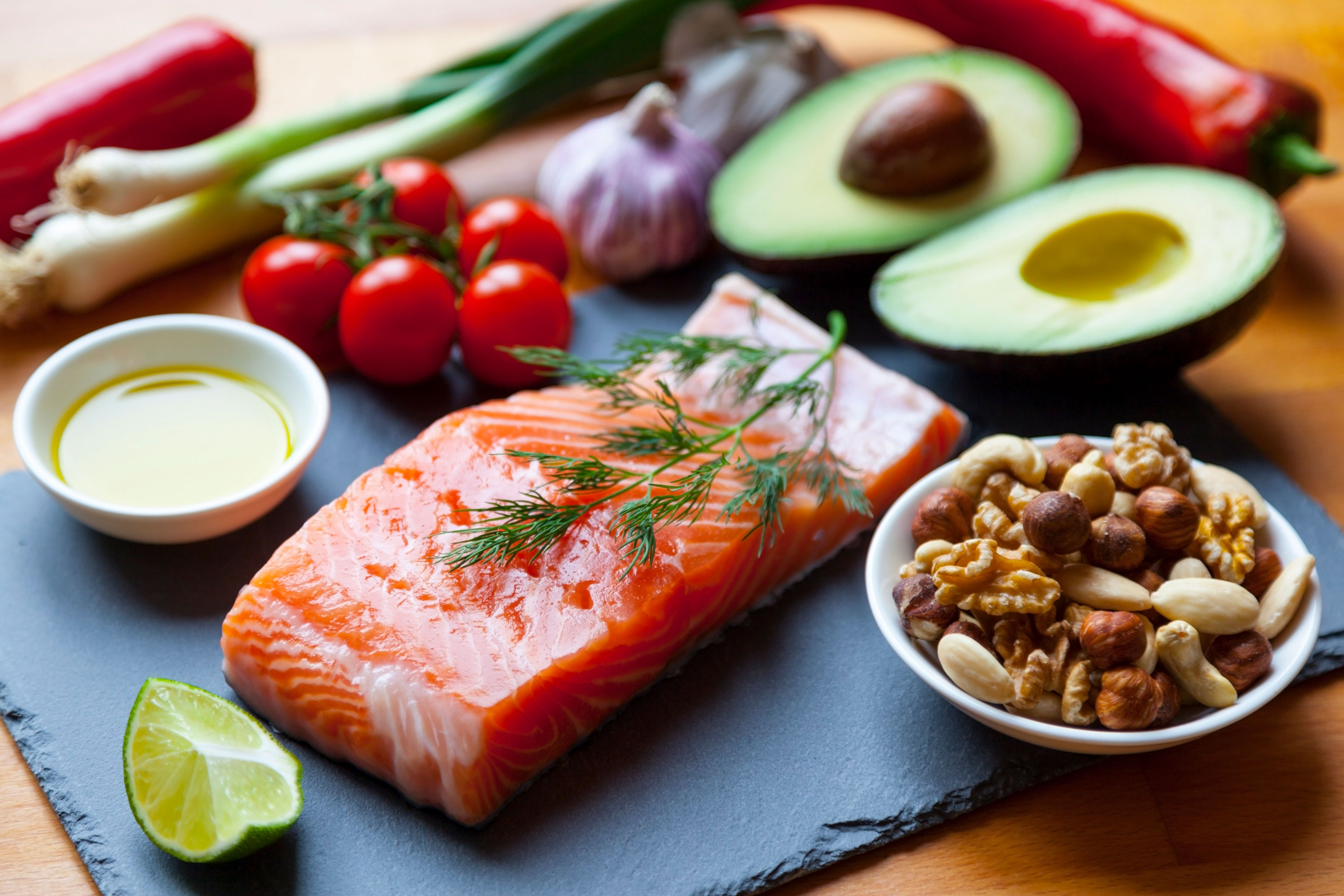

From athletes to celebrities to TikTok influencers, more people are embracing the idea of consuming mostly or all plants in their diets. "In recent years, plant-based diets have become increasingly popular for their many health and environmental benefits," says Andre Henri Goy, M.D., chairman and director of John Theuer Cancer Center at Hackensack University Medical Center. "But unlike other diet trends that come and go, this one is tried and true, and has been consistently proven to be effective."
Here's what you should know if you're considering a plant-based diet.
What Is a Plant-based Diet?
A plant-based diet is a dietary approach that focuses on consuming mostly or exclusively plant-based foods with a focus on:
- Vegetables
- Fruits
- Legumes
- Whole grains
- Nuts
- Seeds
Adopting a plant-based diet doesn't necessarily mean you avoid all animal products, like dairy or meat. It simply means that most of your diet comes from plants.
Five Benefits of a Plant-based Diet
- Helps with weight loss: Plants are inherently low in fat and calories and high in fiber, which can help with weight-loss and weight-management goals. Research from the American Diabetes Association shows a significant difference in body mass index (BMI) between meat eaters and non-meat eaters: the mean BMI for meat eaters was 28.8 (overweight), while the mean BMI for non-meat eaters was 23.6. It's important to note that the best plant-based diets for weight loss focus on whole or minimally processed foods that are high in fiber.
- Boosts immune system: Plant-based diets are packed with vitamins, minerals and antioxidants—all essential for a healthy immune system. Up to 70 to 80 percent of immune cells are in the GI tract, so nutrition is a key factor in a healthy immune system.
- Reduces risk of chronic conditions: "Studies have also shown that diets rich in fruits and vegetables can reduce inflammation," says Dr. Goy. "Prolonged inflammation can damage your tissues and cells and has been linked with cancer and other diseases." Dr. Goy often recommends plant-based diets for his patients undergoing cancer treatment for their health benefits.
- Helps keep your mind sharp: When a plant-based diet emphasizes brain-boosting foods, such as leafy greens, whole grains and vitamin-rich fruits, it can help keep your mind sharp. A study published in Frontiers in Aging Neuroscience found that 100g per day of fruit and vegetable consumption was related to a 13 percent reduction in cognitive impairment and dementia risk.
- Good for the planet: Plant-based diets help reduce the pollution and deforestation associated with animal agriculture and animal waste. Additionally, producing food from plants requires fewer resources than producing meat.
What to Look Out For
If you are considering adopting a plant-based diet, keep in mind these tips to make sure you do so in a healthy way:
- Avoid Pesticides – These chemicals are used to destroy or control weeds (herbicides), insect pests (insecticides), rodent pests (rodenticides), or fungi (fungicides).Some pesticides have been linked in human studies with problems including miscarriages, birth defects, and learning or developmental disabilities in children. See EWG’s 2023 Shopper’s Guide to Pesticides in Produce™
- Avoid foods labeled “plant-based” that are not actually healthy, such as frozen meat substitutes that are high in sodium.
- Choose whole, unprocessed foods as much as possible.
- Focus on plant foods that are near or complete protein sources, such as quinoa, farro, black beans, buckwheat, chia seeds, hummus and peanut butter.
- Speak with a dietician to make sure your transition to a plant-based diet is a healthy one.
Plant-based Shopping List
Plan your next trip to the grocery store with this plant-based shopping list:
- Whole grains (quinoa, rice, oats, bulgur wheat)
- Legumes (beans, lentils, chickpeas)
- Nuts and seeds (almonds, walnuts, chia seeds)
- Vegetables (broccoli, kale, spinach)
- Fruits (apples, bananas, oranges)
- Plant proteins (tofu, tempeh)
- Healthy fats (nuts, avocados, olive oil)
- Dairy alternatives (coconut milk, almond milk)
- Herbs and spices for flavor
Next Steps & Resources:
- Meet our source: Andre Henri Goy, M.D.
- Find a healthy eating class or event near you.
Find a doctor near me

How To Add a New, Healthy Habit to Your Life

Healthy Pandemic Trends That You Should Continue

What Is ‘Dry Scooping,’ and Why Is It Dangerous?
